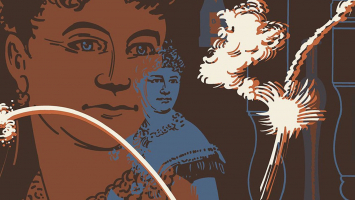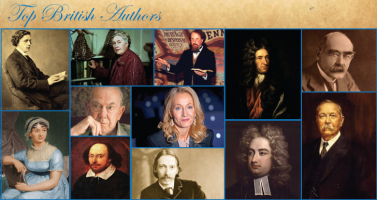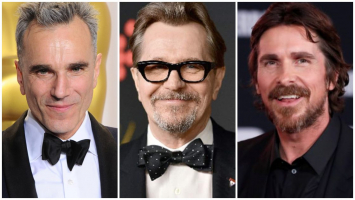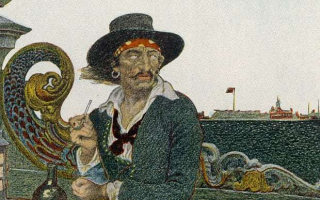Top 10 Most Famous Successful Engineers of All Time
Since the dawn of human history, mankind has witnessed an incredible development journey. It is not an exaggeration to say that much of it is due to the sweat ... read more...and brains of many outstanding engineers, who played a key role in shaping the world as we know it today. Hence, let’s take a look at the top 10 most famous successful engineers to have some food for thought!
-
It cannot be denied that Nikola Tesla, a Serbian-American inventor, has been recognized as one of the most famous successful engineers of all time. Born in Austrian Empire, Tesla began studying engineering and physics and created several of the most significant electrical inventions despite having no formal schooling or degree. At the young age of 28, he emigrated to the country of America and worked with Thomas Edison for a short period of time. Then, he became an independent inventor. Tesla established laboratories and enterprises in New York to create a variety of mechanical and electrical devices with the support of partners to finance and promote his ideas.
It is no exaggeration to say that he created the foundation for AC electric power, which is used by the majority of the world today. Furthermore, he pioneered many innovations that have revolutionized our lives. During his career, Tesla received approximately 300 patents.
Born: 10 July, 1856
Died: 7 January, 1943 (aged 86)
Inventions: induction motor, 3-phase electricity, fluorescent lighting, radio, Tesla coil, AC current generation system, …
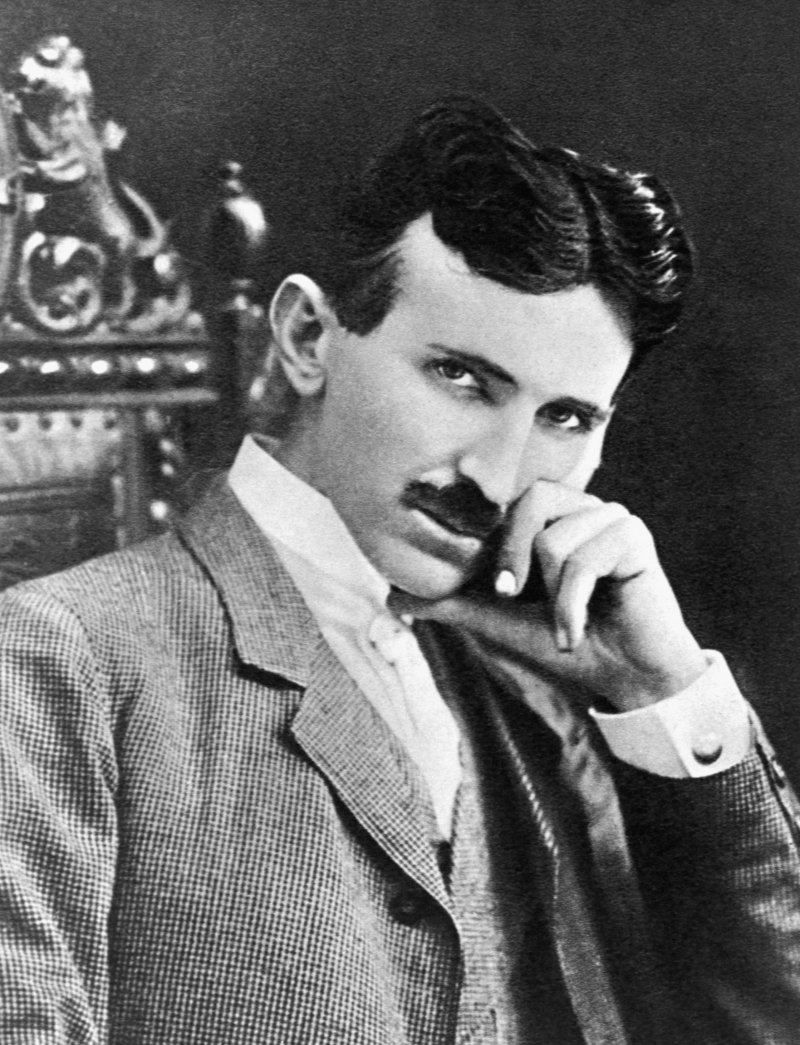
vi.wikipedia.org 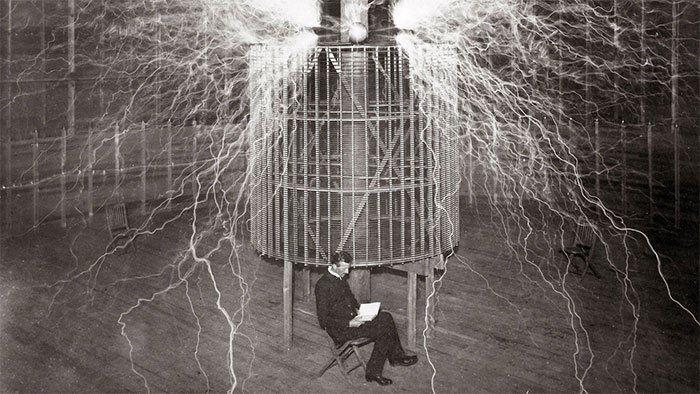
IASlinks.org -
Thomas Edison was not only an American inventor but also a successful businessman. He was born in Ohio, in 1847, but moved to Michigan with his family in 1854. At the age of 16, he began his career path as a telegraph operator. In 1876, he founded his first laboratory in Menlo Park, New Jersey, where he worked on several of his early innovations.
His crucial contributions to various fields such as electric power generation, mass communication, sound recording, and motion pictures led to the development of the modern industrialized world. It can be said that this famous inventor was associated with a range of firsts. Edison was among the first inventors to employ organized science and cooperation principles while inventing with other researchers. He was also the first to establish an industrial research laboratory. He held a record-breaking 1,097 patents, which made him the most prolific innovator in global history.
Born: February 11, 1847
Died: October 18, 1931 (aged 84)
Inventions: Automatic Telegraph, Carbon Telephone Transmitter, The Light Bulb, Phonograph, Movie Camera and Viewer …
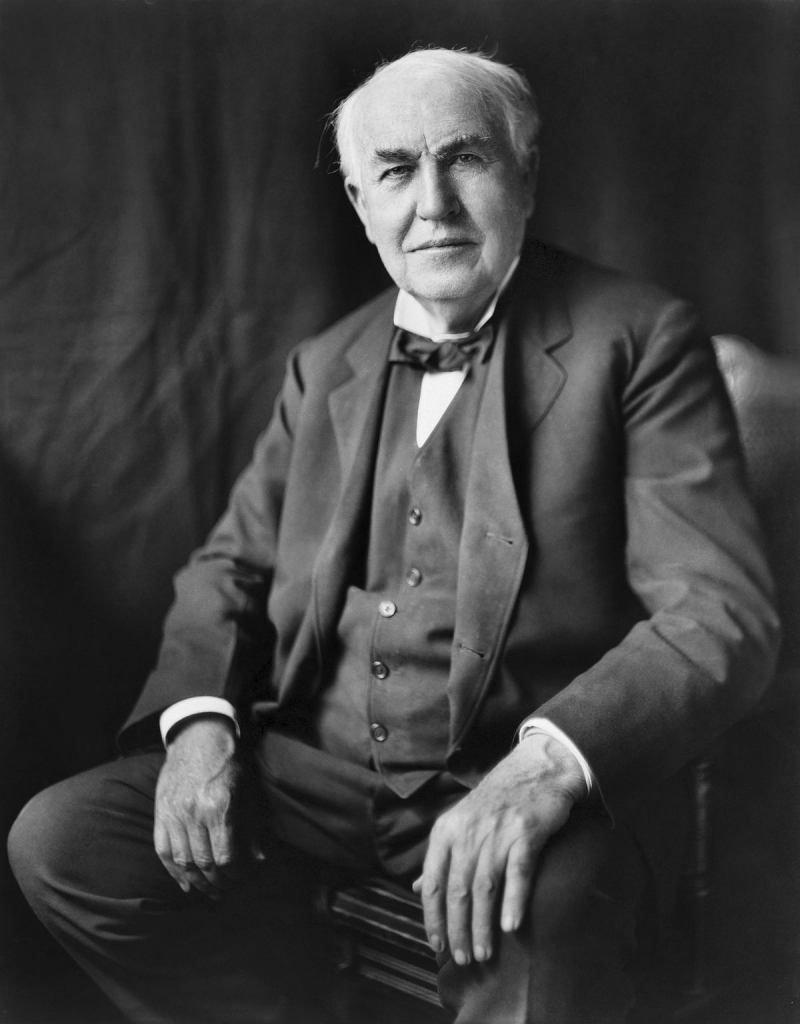
en.wikipedia.org 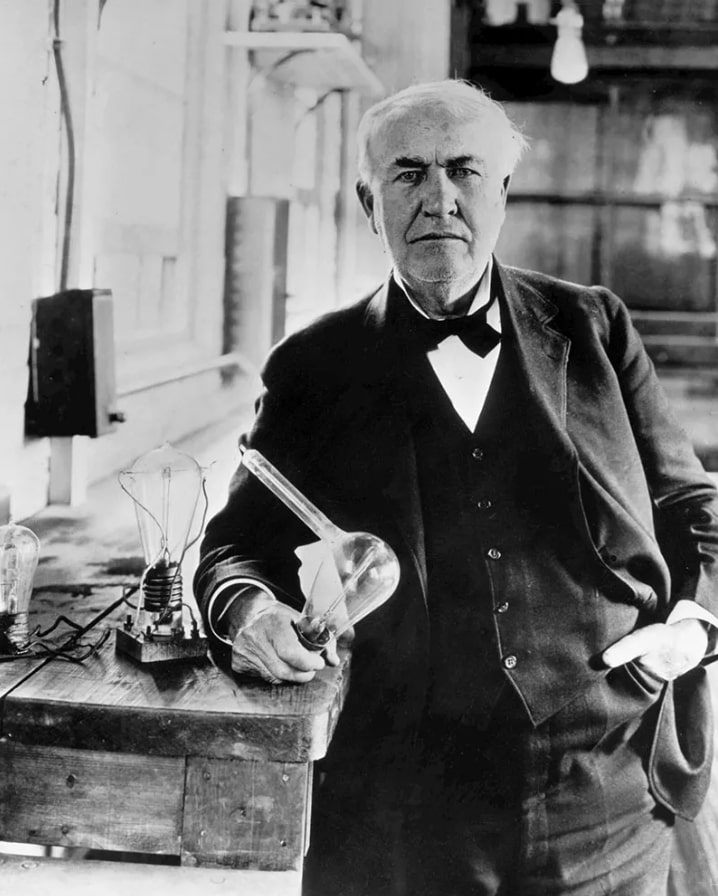
britannica.com -
In the year 1863, Henry Ford was born in Springwells Township, Michigan. As the son of Irish immigrants, Ford was raised on a farm. Since he was a child, he was always fascinated with mechanics and machinery. In 1891, Ford joined the Detroit Edison Company as an engineer. After 3 years, his talents gained him an appointment as chief engineer. Then, in 1899, he left Edison Illuminating Company to fully focus on his automobile company. Ford founded the Ford Motor Company in 1903 after a few attempts at manufacturing cars and enterprises.
Henry Ford is most known for industrializing the mass production of cars, which led to their public availability and a revolution in the area of transportation and automobiles. He might have not produced the first car, but he pioneered efficient mass production procedures for automobiles, making them more accessible to the general public. His mass production approach not only influenced the twentieth century but also altered the course of history by transforming future generations' modes of transportation.
Born: July 30, 1863
Died: April 7, 1947 (aged 83)
Inventions: Quadricycle, assembly line, The Model T, Mass Production, $5 Wage, The Trimotor Plane, …
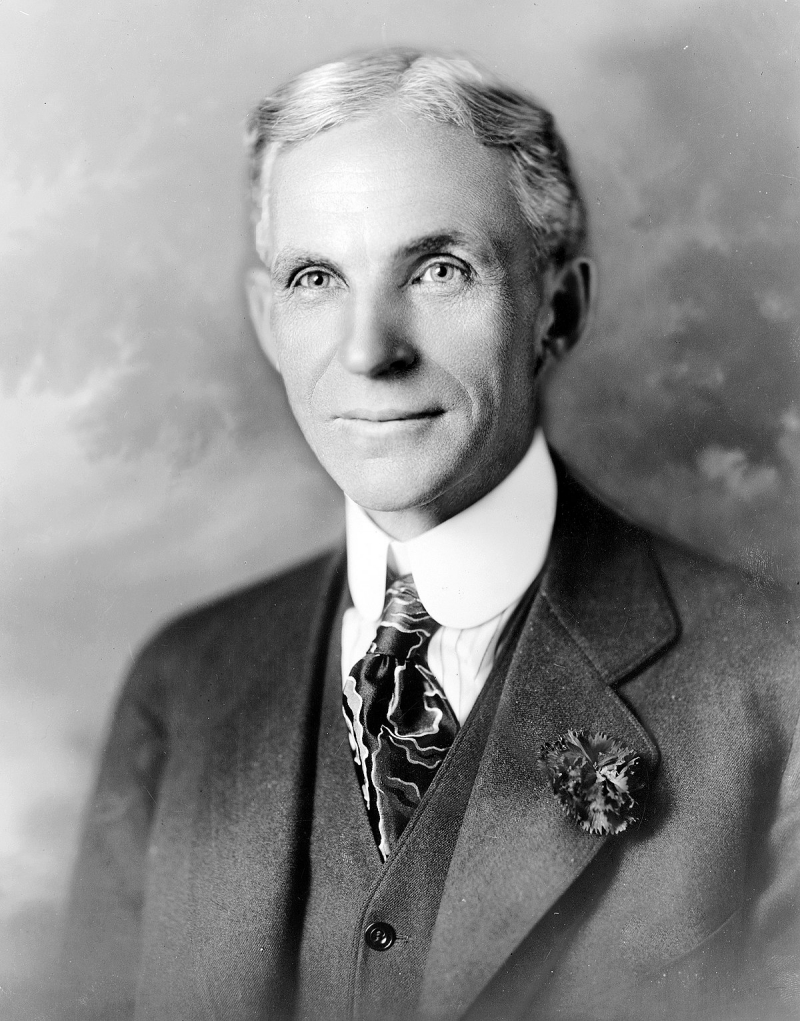
vi.wikipedia.org 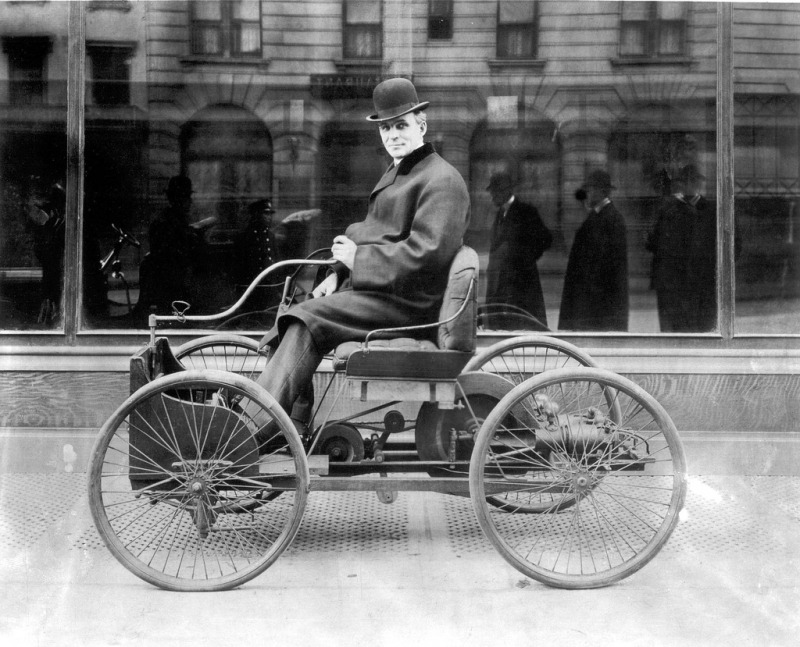
en.wikipedia.org -
There is no doubt that Archimedes was the greatest scientist in history, and definitely the most significant one of the classical period. He was born in about 287 BC in the Greek city-state of Syracuse on the island of Sicily. Early in his career, he might have spent time in Egypt. Nevertheless, he devoted the majority of his life to Syracuse, the main Greek city-state in Sicily, where he was close to the king, Hieron II.
Archimedes was an astronomer, mathematician, engineer, physicist, inventor, and weapons designer. He was unquestionably a man who was of and far ahead of his time. Archimedes had long-lasting influences on several fields, including mathematics, physics, engineering, astronomy, and invention, with his brilliant talent. His inventions have survived the test of time and have paved the way for many modern designs. This explains why he has been considered a national treasure for his innovations and ideas.
Born: c. 287 BC
Died: c. 212 BC
Inventions: Archimedes’ principle, Archimedes’ screw, hydrostatics, levers, infinitesimals, Neuseis constructions, the Iron Claw, …
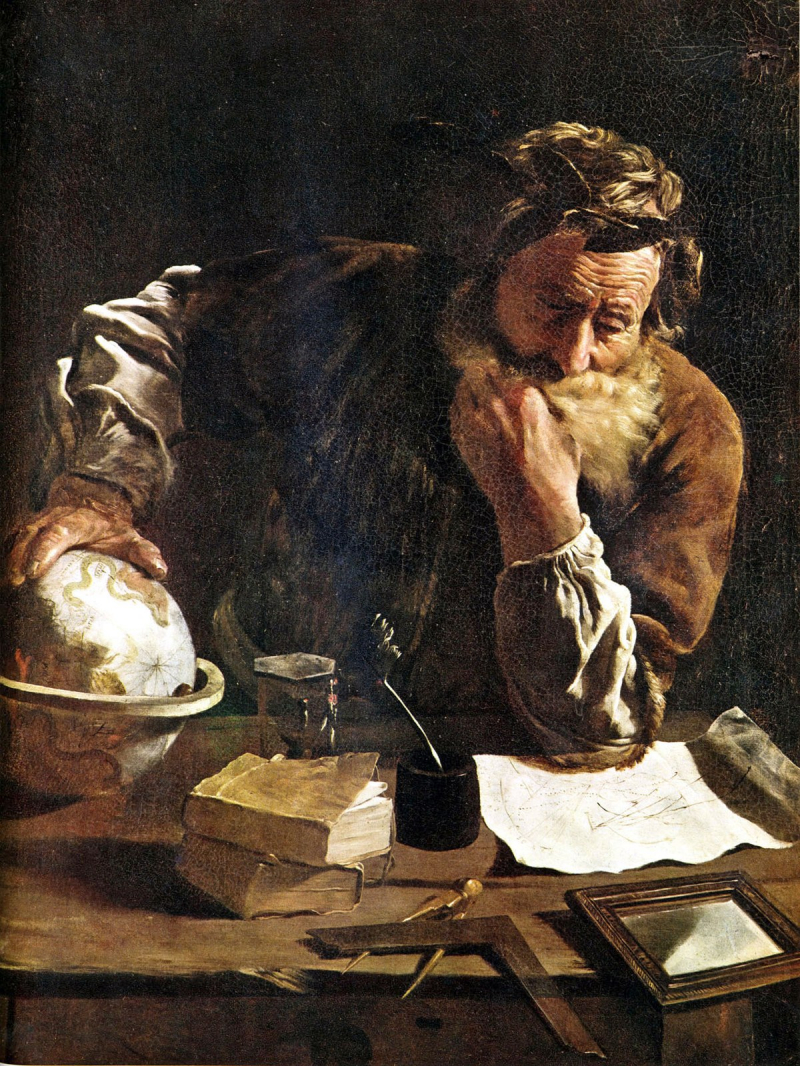
en.wikipedia.org 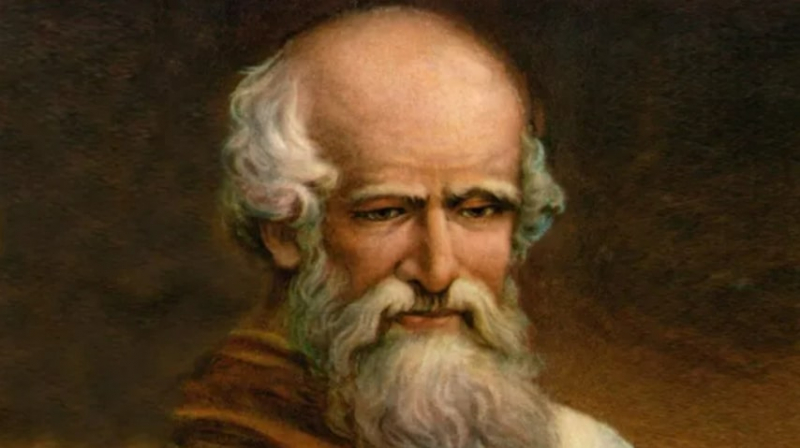
vi.rayhaber.com -
Nikolaus Otto was born in Holzhausen auf der Heide, Germany. Otto's mother reared him well though his father died soon after he was born. Otto was a bright student. His main academic interests were science and technology, but he graduated after three years working as a business apprentice at a small goods company. He came to Frankfurt after finishing his apprenticeship to work as a colonial goods and agricultural products salesperson for Philipp Jakob Lindheimer. Otto worked for a number of organizations, including IC Alpeter and Carl Mertens in 1860.
Otto possessed the ingenuity to create the first workable internal combustion engine regardless of the lack of technical training. Later, he devised the four-stroke engine, known as the Otto cycle, that considerably lowered the weight and boosted the power of a petrol engine, making petrol-powered cars a viable alternative to steam power. It marked the beginning of a new era of automobiles, which revolutionized the lives of millions of people throughout the twentieth century.
Born: 10 June, 1832
Died: 26 January, 1891 (aged 58)
Inventions: internal combustion engine, four-stroke engine, Otto engine, petrol engine, four-stroke spark-ignition engine, …
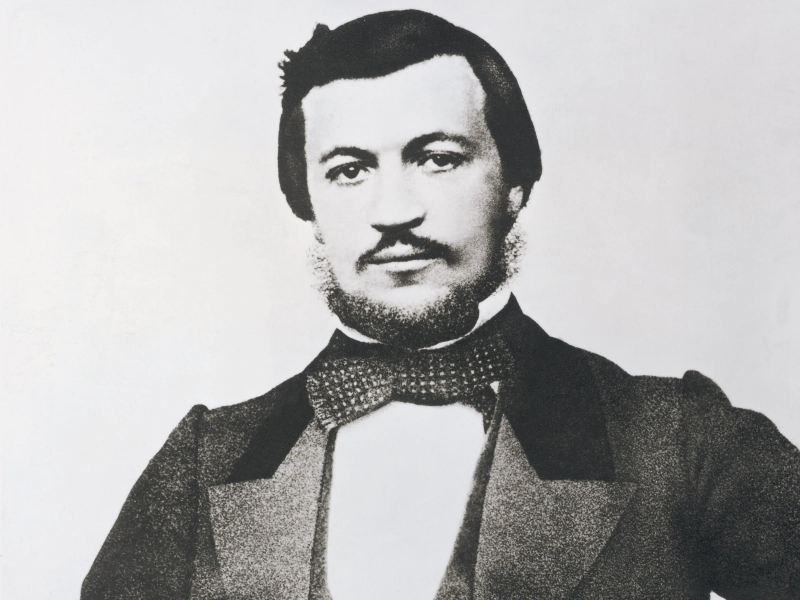
vi.wikipedia.org 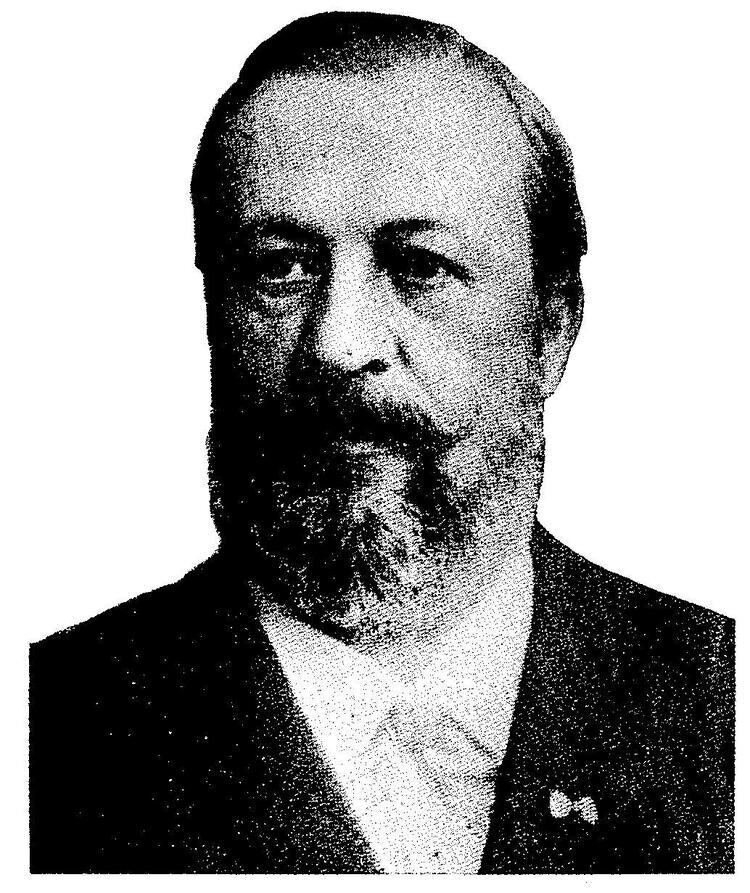
alchetron.com -
Leonardo da Vinci was born in a Tuscan village near Vinci. At the age of 14, he started a nine-year internship with Andrea del Verrocchio, a well-known sculptor, painter, and goldsmith who was a prominent figure in the art world at the time. During his apprenticeship, Da Vinci not only improved his drawing, painting, and sculpting skills, but he also learned about mechanics, carpentry, metallurgy, architectural drafting, and chemistry from those working in and around the studio.
He is regarded as having extraordinary scientific and logical ability and is known as a global genius since his engineering innovations were ahead of their time and remain to amaze engineers today. Whereas most scientists are limited to one field of research during their careers, Da Vinci had a wide range of interests, including sophisticated mechanics, human anatomy, and art. His technological brilliance was right up there with the finest. Despite the fact that few of his ideas were practical at the time due to mechanical limitations, he conceptualized numerous innovations ranging from flying machines to concentrated solar power.
Born: 15 April, 1452
Died: 2 May, 1519 (aged 67)
Invention: flying machine, robot knight, machine gun, parachute, armored tank, diving suit, and self-propelled cart, …
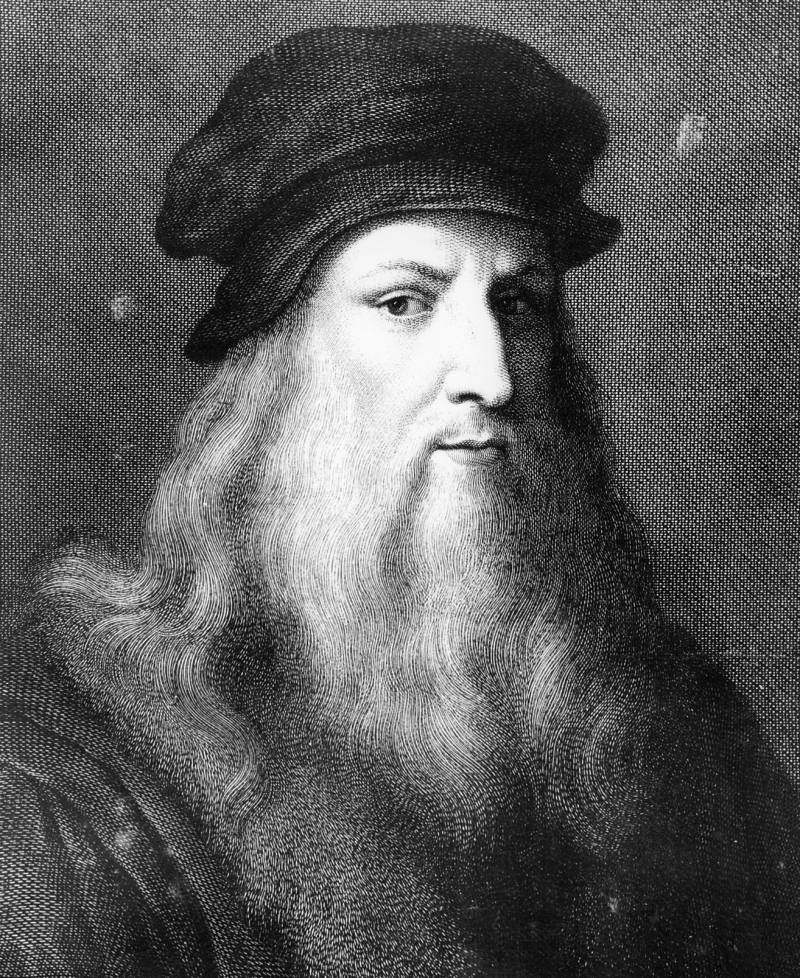
vi.wikipedia.org 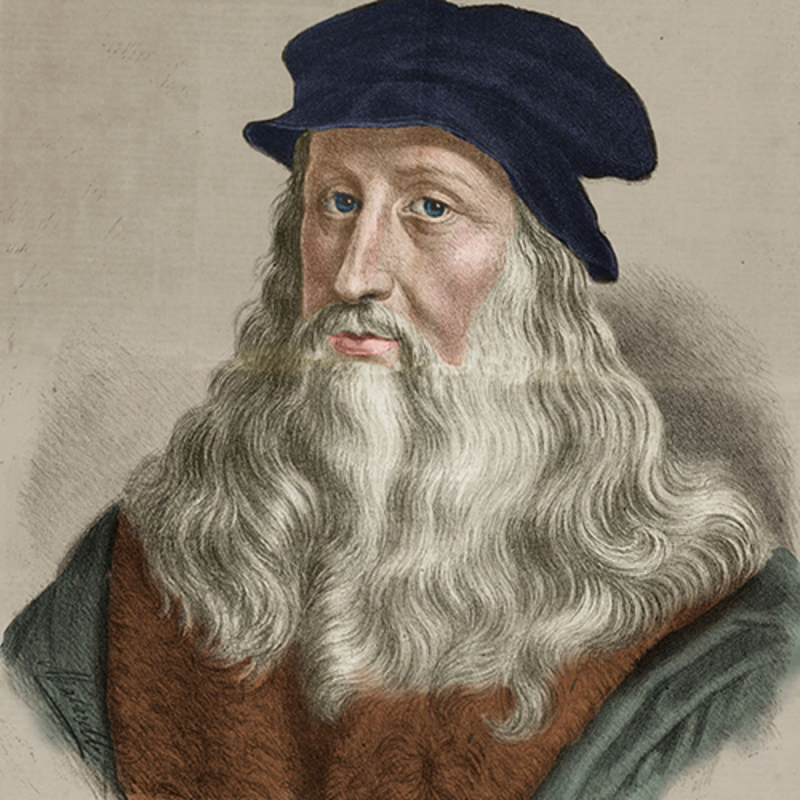
biography.com -
Orville Wright and Wilbur Wright, are known as the Wright brothers. They were born in the United States of America. Although both brothers attended high school, neither received a diploma. When the family was living in Iowa in 1878, their father bought home a toy helicopter based on a design by French aviation pioneer Alphonse Pénaud. It was made of paper, bamboo, and cork, and its rotor was twirled by a rubber band. Wilbur and Orville played with it till it broke, then constructed their own. They later said that it was their experience with the toy that sparked their passion for flying.
The brothers were aviation pioneers who were widely credited with inventing, developing, and flying the world's the first successful motor-driven airplane. Their love of kite-flying and curiosity took them to new heights after they left their jobs as bike technicians. The brothers worked tirelessly to build a pulley system to adjust the shape of the wing during flight, providing the plane more stability and ultimately revolutionizing the world we live in today.
Orville Wright (August 19, 1871 - January 30, 1948)
Wilbur Wright (April 16, 1867 - May 30, 1912)
Inventions: airplane, Wright Flyer, Wright Flyer III, Wright Glider, …
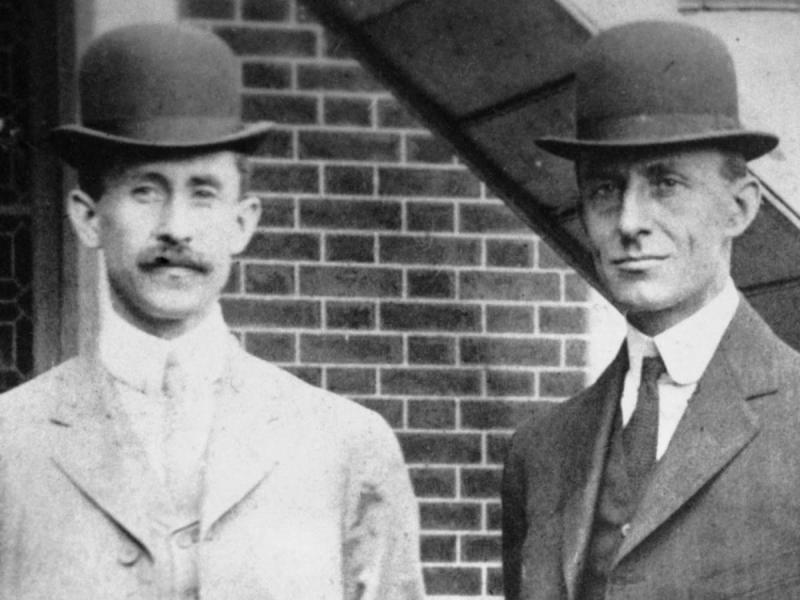
biography.com 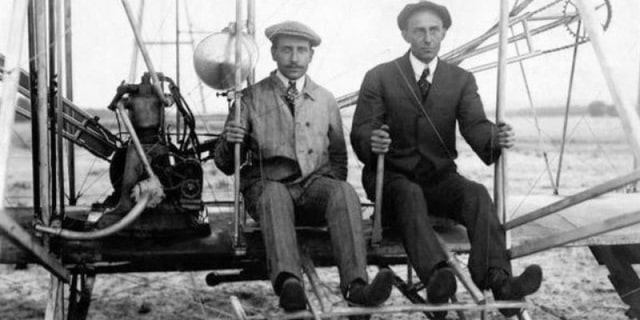
daytoncvb.com -
Alexander Graham Bell was born in Edinburgh, Scotland. He began playing the piano and inventing things at a young age. Bell received education through homeschooling. He didn't do well in school, but he was always good at solving problems. At the age of 12, Alexander built a device with rotating paddles and nail brushes to help enhance the farming process by quickly removing husks from wheat grain. When he was 16 years old, he started researching speech mechanics and attended Edinburgh University.
Alexander Graham Bell was a brilliant engineer, scientist, and inventor. He was primarily recognized for inventing the telephone, which revolutionized modern communication. His passion for sound technology sprang from the fact that both his wife and mother were deaf. In 1885, he also assisted in establishing the American Telephone and Telegraph Company (AT&T). Beyond his engineering work, Bell was fascinated by the new science of heredity.
Born: March 3, 1847
Died: August 2, 1922 (aged 75)
Inventions: telephone, graphophone, twisted pair, mine detector, …
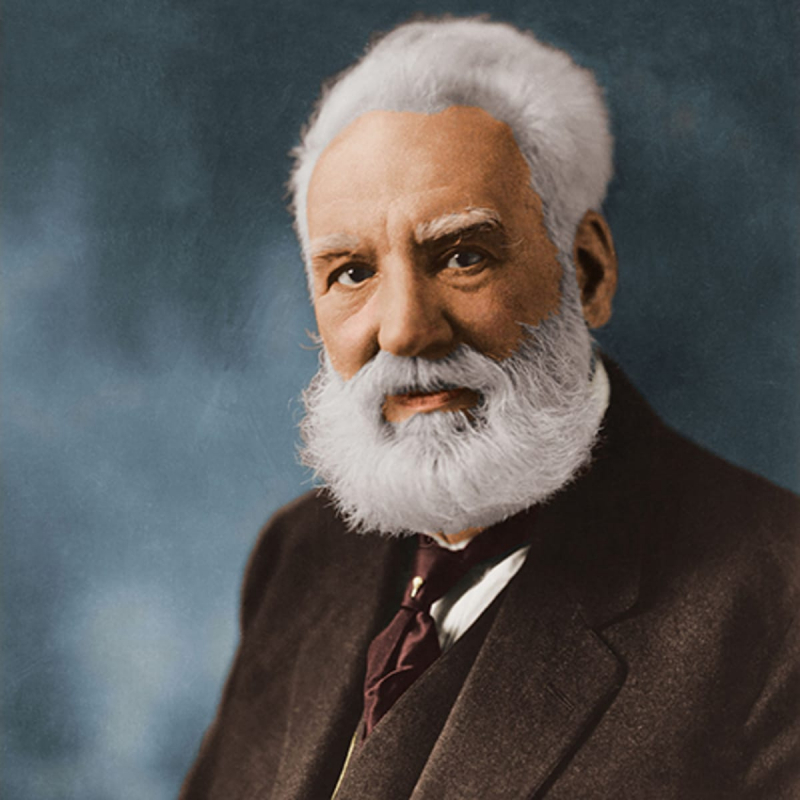
biography.com 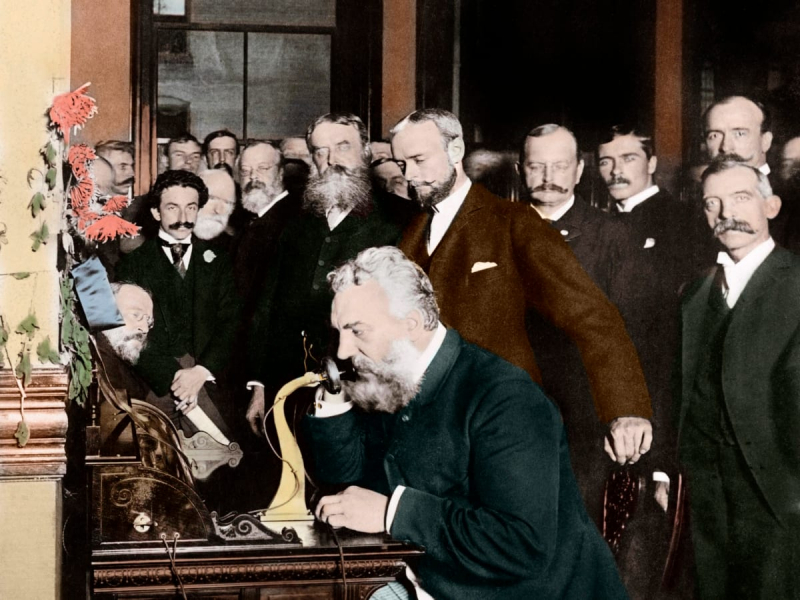
history.com -
George Stephenson was born in Wylam, Northumberland. He was the second child in his family. His parents, Robert and Mabel Stephenson could neither read nor write. Robert worked as a fireman at Wylam Colliery's pumping engine and earned a little, so he couldn't afford to go to school. Stephenson started working as an engineman at Water Row Pit in Newburn when he was 17 years old. George recognized the importance of education and began attending night school at the age of 18 to study reading, writing, and mathematics. He then rapidly showed remarkable technical talent.
Much of the modern railway system is directly influenced by George Stephenson's contributions to both civil and mechanical engineering. He envisioned a national network of lines with low gradients and a 'standard gauge.' He investigated routes, and developed and built structures that are still in use today. Due to his pioneering work, he is renowned as the "Father of the Railways.
Born: 9 June, 1781
Died: 12 August 1848 (aged 67)
Inventions: killingworth locomotives, steam locomotive, my lord, Stephenson's Rocket, ...
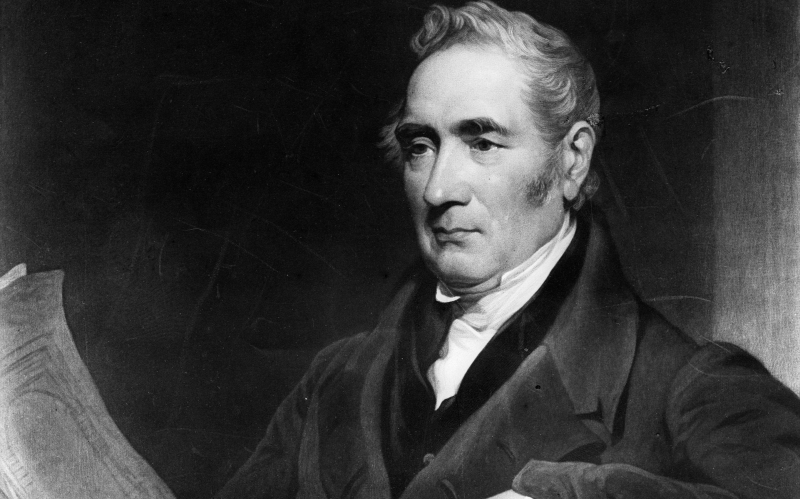
history.co.uk 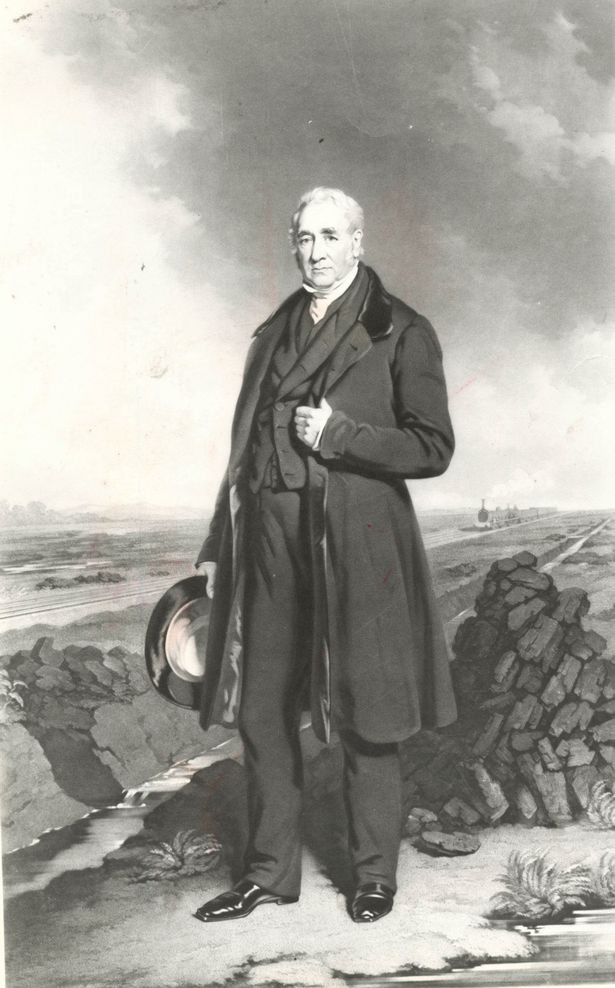
chroniclelive.co.uk -
Elon Musk is last on the list of the most famous successful engineers, but certainly not least. He is said to be the Thomas Edison of the twenty-first century. He was born to a Canadian mother and a South African father. He showed an early ability for computers and business. At the age of 12, he wrote the coding for his own video game and sold it to a corporation. He went to Queen's University in Kingston, one of Ontario's best universities. He switched to the University of Pennsylvania midway through his undergraduate studies, earning two bachelor's degrees in economics and physics. Following that, he was accepted into Stanford University's prestigious doctoral program, where he intended to pursue a Ph.D. in energy physics.
Many of Elon Musk’s groundbreaking innovations concentrate on space travel, renewable energy, commercial electric automobiles, and other technologies that anticipate a future where fossil fuels and other resources may be scarce. His futuristic and imaginative thoughts have earned him scientific and philanthropic awards.
Born: June 28, 1971 (age 50)
Inventions: Tesla Motors - electric car, SpaceX - Falcon rocket, X.com (PayPal) e-payments, Hyperloop, Zip2 - online city guides, Electric Jet, …
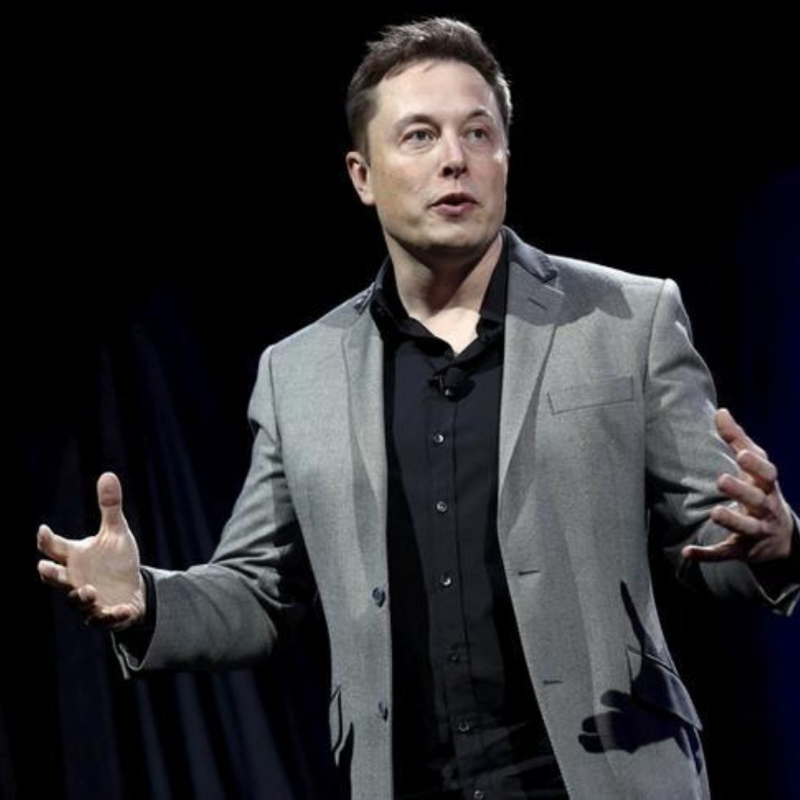
news18.com 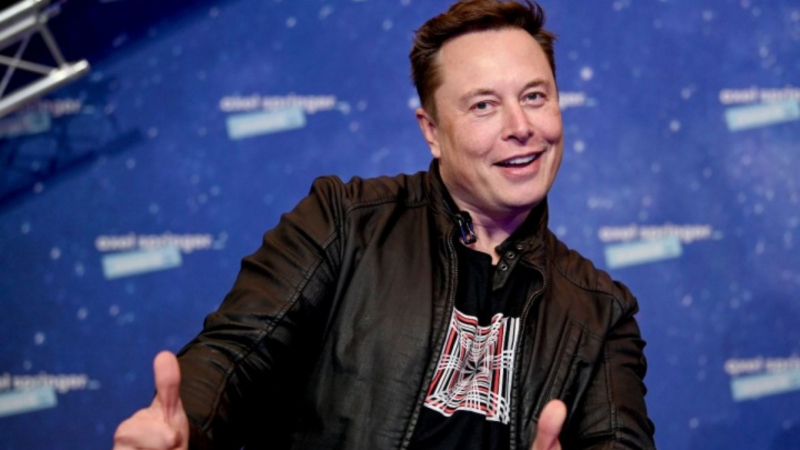
marca.com












